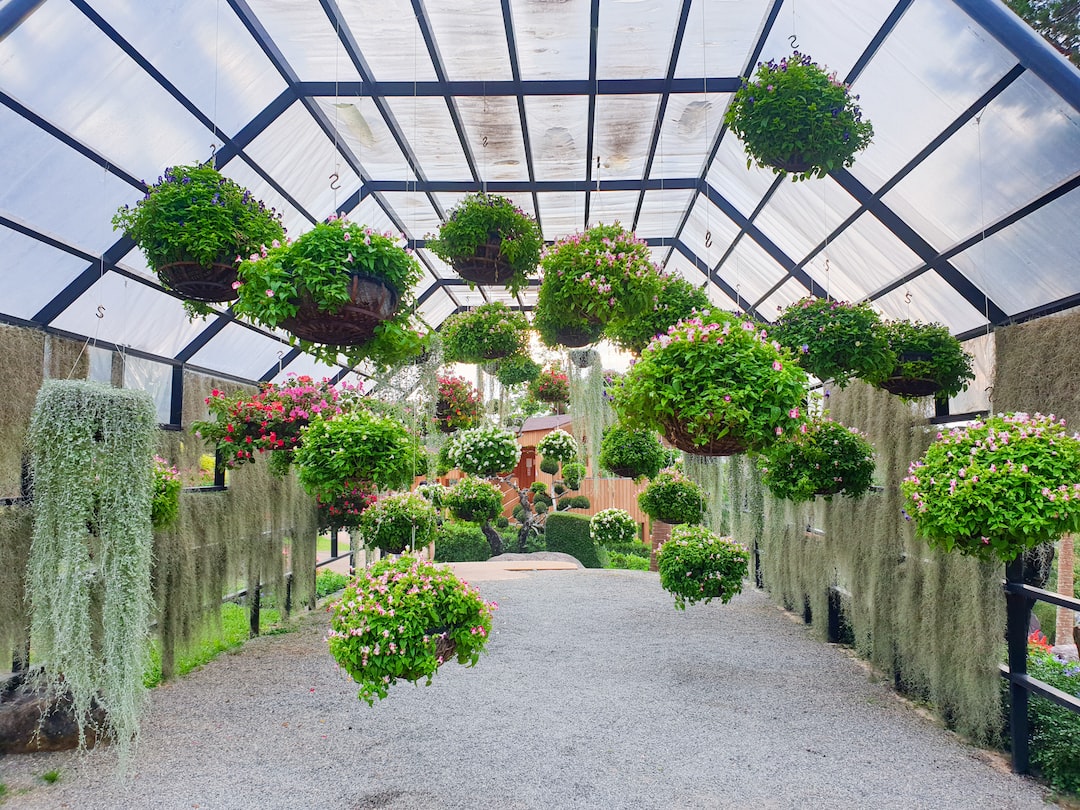Vertical Gardening: Maximizing Space for Urban Gardeners
In today’s fast-paced world, urbanization has led to a shortage of space for traditional gardening practices. However, this limitation has ignited the rise of vertical gardening as an innovative solution for urban gardeners. Vertical gardening allows us to use space more efficiently, create green sanctuaries in concrete jungles, and even promote sustainability. In this blog post, we will explore the fascinating world of vertical gardening and its numerous benefits for urban dwellers.
Vertical gardening, also known as green walls or living walls, involves growing plants on vertical surfaces such as walls or fences. It can be implemented both indoors and outdoors, making it an excellent option for cramped urban areas where horizontal space is limited. This innovative gardening technique utilizes various methods, such as growing plants on trellises, hanging pots, modular planting systems, or even repurposed materials such as recycled pallets and soda bottles. The possibilities are endless, catering to the diverse needs and preferences of urban gardeners.
One significant advantage of vertical gardening is its space-saving aspect. By moving plants upwards, we can effectively maximize the available space. For instance, a small balcony that previously held only a few potted plants can now host a myriad of greenery, transforming it into a lush oasis. By incorporating vertical gardens into our cities, we can turn dull walls into vibrant expressions of nature, adding beauty and improving the aesthetics of our surroundings.
Apart from space utilization, vertical gardening also offers environmental benefits. Green walls act as natural air purifiers, mitigating the impact of pollution in urban areas. They remove harmful pollutants from the air, such as carbon dioxide, volatile organic compounds (VOCs), and particulate matter. In addition to cleansing the air, these green walls also assist in noise reduction, making urban spaces quieter and more tranquil. With vertical gardens, we integrate nature seamlessly into our urban landscapes, enhancing the quality of our living environment.
Furthermore, vertical gardening plays a crucial role in promoting food sustainability. As cities expand, the distance between the city and rural farmlands increases, making it challenging to access fresh produce. By growing fruits, vegetables, and herbs vertically, urban gardeners can produce their own food, significantly reducing the carbon footprint associated with transportation. Additionally, vertical gardens allow us to grow crops year-round, regardless of the weather conditions, since they can be protected indoors or in greenhouses. With vertical gardening, food security becomes a more attainable goal, empowering individuals to take control of their food supply.
In addition to its environmental and practical benefits, vertical gardening also contributes to our overall well-being. Numerous studies have shown that interacting with plants can reduce stress, improve focus, and enhance our mental health. Living in concrete-dominated cities, we often find ourselves disconnected from nature. Vertical gardens bring nature closer, reconnecting us with the natural world and providing a sense of serenity amid the urban chaos. Whether it’s a beautiful green wall in an office or a small hanging herb garden in a kitchen, these plant-filled spaces can greatly improve our quality of life.
Implementing a vertical garden may seem daunting at first, but it doesn’t have to be. There are various resources available, from online tutorials to consultation services, offering advice and guidance to urban gardeners. Starting small with a few hanging pots or a vertical planter is a good way to dip your toes in this gardening technique. Once you gain confidence, you can gradually expand your vertical garden to suit your available space and preferences.
Vertical gardening opens up a realm of possibilities for urban gardeners, allowing us to make the most of limited space, create sustainable food sources, improve air quality, and enhance our well-being. By incorporating green walls into our cities, we transform concrete landscapes into thriving green havens. Whether you live in a high-rise apartment or a small studio, vertical gardening empowers you to nurture your green thumb and experience the joys of gardening even amidst urban living.

